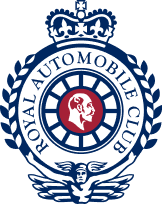Environmental, Social and Governance
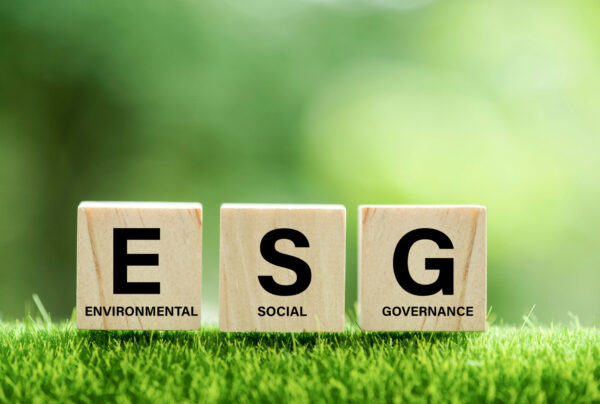
Please click here to view the Sustainability Strategy for the Royal Automobile Club 2022-2026.
We have three overarching aims:
- Reduce our environmental IMPACT
- Improve our operational EFFICIENCY
- Continue to build our REPUTATION
The Importance Of Having An ESG Strategy
The work needed to deliver the strategy is considerable, in terms of both management time and investment. However, there are three vital reasons for change.
Firstly, strong ESG credentials are increasingly affecting organisations’ ‘licence to operate’. Members and their guests want to know that we are operating efficiently and ethically, and more and more often it is appearing as an important issue in agreements such as contracts and leases.
Secondly, there will be, in the medium to long term, financial savings – particularly through reductions in energy consumption but in other areas as well.
Then, thirdly, there is the moral component: it is right that we play our part in addressing climate change.
Progress Report
In 2022, the Board approved the Club’s first Environmental, Social and Governance (ESG) strategy, with three overarching aims: to reduce the Club’s impact on the environment; to improve its operational efficiency; and to further enhance our reputation with members, staff, suppliers and other stakeholders.
I’m pleased to report that strong progress has been made already, with 2023 being the first full year of the programme. For example, in 2019, 56% of the waste from Pall Mall was recycled, at the end of 2023, that figure stood at an excellent 82%. In 2023 we used 150,000kWh electricity less than we did in 2022 – enough to power more than 50 typical UK households for a year – and nearly two million fewer litres of water, equivalent to more than four times the volume of the Pall Mall swimming pool.
Below is a brief update on our progress so far and our aims for this coming year.
Daniel Pereira
Chief Executive & Club Secretary
NET ZERO

The path to achieving net zero for the Club’s ‘Scope 1’ greenhouse gas (GHG) emissions started with the, far from straightforward, task of identifying the sources of all such emissions.
Having achieved this in 2023, we now have a detailed plan for working towards Scope 1 net zero over the coming three years. The Board is reviewing the plan in early February and it will then be published on the Club website.
Scope 1 emissions are defined as those from sources that are controlled or owned by an organisation; in our case from sources such as boilers, air conditioning and Club vehicles.
ENERGY CONSUMPTION

Our 2023 objective was to reduce our energy consumption across the Club as a whole by 5%, comparing our monthly consumption with the equivalent month in 2022.
The installation of a new building management system has helped us greatly in identifying where and when energy is being used, helping us to come very close to achieving our target by reducing consumption by 4.2%.
During the course of this year, we aim to reduce consumption by a further 5%. Subject to cost analysis, we also hope to be able to move at least one of the clubhouses onto a tariff which provides electricity exclusively from renewable sources.
GREEN TOURISM RATING
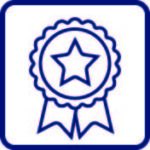
To receive a third party view on how we are progressing, we have entered the Green Tourism scheme, with the aim of achieving Gold ratings for both clubhouses. We have entered what we believe are two strong submissions to Green Tourism and are eagerly awaiting the results.
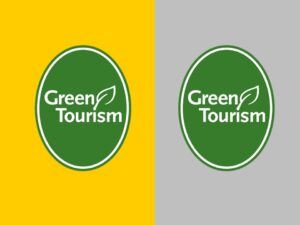
Assessments have now been completed across both clubhouses and we are proud to announce that Woodcote Park has received Gold status and Pall Mall receiving Silver status. This is a remarkable achievement for Pall Mall as a 113-year-old venue in the heart of one of the biggest cities in the world.
SINGLE USE PLASTIC

Members may have noticed that we have already eliminated single-use plastic items from the member areas of the clubhouses. Our objective for 2023 was to achieve this and to eliminate single-use plastic from our back-of-house operations too, which has proved even more challenging.
We are currently trialing alternatives to clingfilm, the final item we have to remove, and, if successful, we will be able to meet our objective in full.
RESPONSIBLE PURCHASING

A new purchasing policy has been developed and, subject to Board approval, we intend to implement it imminently. This will enable us to enhance our sustainability impact through our supply chain and includes a drive towards local sourcing.
2024 is the first year that the Club will have specific performance indicators for responsible purchasing.
WATER CONSUMPTION
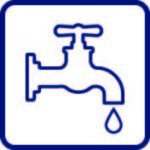
Our objective for 2023 was to reduce our water consumption by 5%. Through a combination of water awareness and engineering changes, including new showerheads in many areas of the sports facilities and accommodation, we had achieved a reduction of 3.2% by the end of the year.
By the end of 2024 we plan to reduce water consumption by a further 5%.
FOOD WASTE

All our food waste is now recycled and turned into fertiliser or biofuel, which was our objective for 2023.
In 2024 our focus will be on reducing the amount of food waste we create, which comes primarily from food left uneaten on plates, without adversely affecting the quality of the experience in the Club’s restaurants. This will include new technology to help analyse the waste to provide information on what it is and where it is coming from.
BIODIVERSITY

The 350 acres of Woodcote Park are an important site for biodiversity. As well carefully and sustainably managing the golf courses, in recent years we have regenerated the woodland and introduced beehives and a herb garden.
A full ecological survey of Woodcote Park is being undertaken shortly, which will enable us to identify further measures we can take over the coming months and years to improve biodiversity.
STAFF AND MEMBER ENGAGEMENT

Club members and members of staff have already provided many useful suggestions which will help the Club achieve its ESG objectives. This year, that engagement will be increased further, particularly to ensure that we understand and can reflect members’ priorities. We also intend to step up sustainability training for our staff to help increase the impact they can have.
How Members Can Help
All this has to be a big team effort, involving members and staff. Firstly, we need everyone who works at or visits the Club to know how they can raise suggestions which might contribute to our overall objectives. It is often the day-to-day user of something who spots potential improvements.
The best place to send suggestions is communications@royalautomobileclub.co.uk and your email will be passed to the most appropriate senior manager.
It is also important that members and staff understand what we are trying to achieve so that they can put any changes they may hear about or experience into context.
Then, of course, we all have a part to play through our own behaviour. For members this includes turning the lights off when you leave your bedroom, not using more towels than necessary in the sports areas and ensuring you cancel unwanted restaurant bookings, for example.


